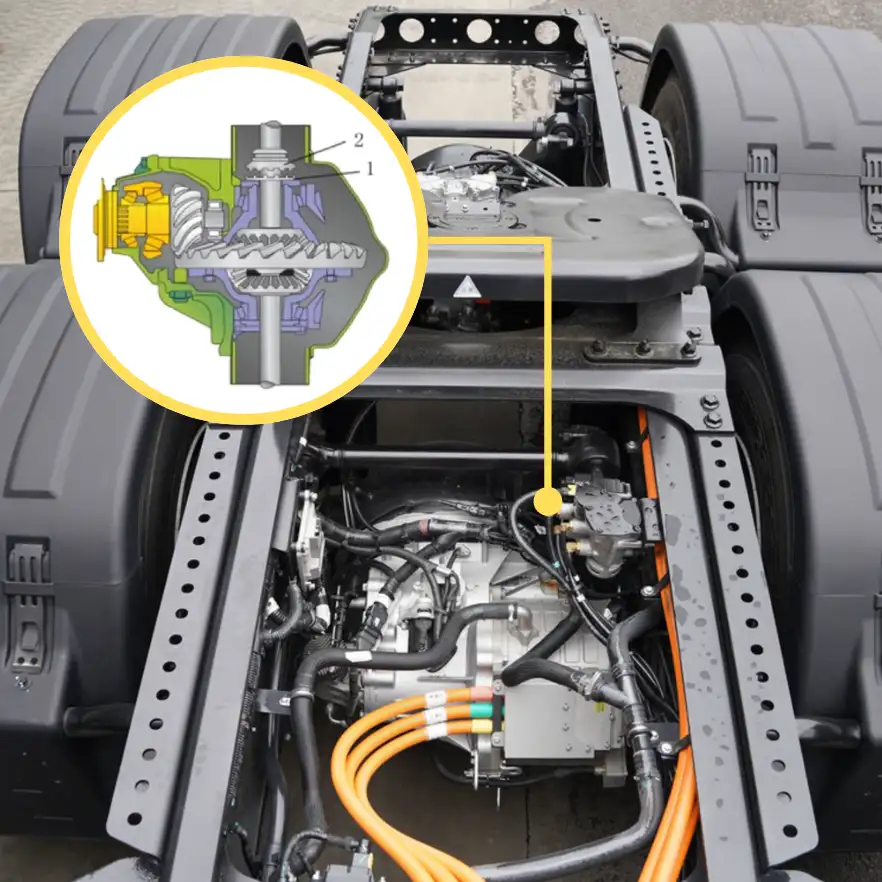How Long Do Electric Car Batteries Last?
The lifespan of electric car batteries is a multifaceted subject influenced by various factors. Here’s a detailed and informative analysis, incorporating relevant figures and information to help you understand how long these batteries typically last.

Specific Lifespan for Electric Car Batteries
Usage Duration
- The typical lifespan of lithium car batteries ranges from 8 to 10 years.
- The effective lifespan (i.e., the time before the battery capacity drops to 70%) is about 5 to 7 years.
Cycle Life
- Ternary lithium batteries can generally handle between 800 and 1200 charge cycles.
- Lithium iron phosphate batteries (LFP) have a higher cycle life, ranging from 2000 to 2500 cycles.
Shelf Life
- According to the FreedomCAR and other US Department of Energy programs, the electric car battery system should have a shelf life of up to 15 years. This means that even if the vehicle is not in use, the battery should last at least 15 years.
Influencing Factors
- Charging and discharging habits: frequent charge and discharge, and deep discharge can shorten battery life.
- Environmental conditions: extreme temperatures (both high and low) can affect battery performance and longevity.
- Thermal management: Effective thermal management systems can extend battery life.
Electric Car Batteries Maintenance Recommendations
- Avoid overcharging and deep discharging: maintain battery charge levels between 20% and 80% to prevent excessive charging and discharging.
- Regular inspection and maintenance: periodically check and maintain the battery to ensure it remains in good condition.
- Consider environmental conditions: avoid using the battery in extreme temperatures to extend its lifespan.
Summary
The lifespan of these batteries is influenced by various factors. Generally, lithium batteries last between 8 and 10 years, with an effective lifespan of 5 to 7 years. Proper usage and maintenance can extend battery life. Additionally, with ongoing technological advancements, future electric car batteries are expected to have longer lifespans and improved performance.
By understanding these factors and following best practices for maintenance, electric car owners can maximize the lifespan and efficiency of their vehicle’s batteries, ensuring reliable performance and cost-effectiveness over time.
At Brogen, we provide customizable EV battery solutions.
- Learn more here: https://brogenevsolution.com/ev-battery/
- Inquiry: contact@brogenevsolution.com
Contact Us
Get in touch with us by sending us an email, using the Whatsapp number below, or filling in the form below. We usually reply within 2 business days.
Email: contact@brogenevsolution.com
Respond within 1 business day
Whatsapp: +8619352173376
Business hours: 9 am to 6 pm, GMT+8, Mon. to Fri.
LinkedIn channel
Follow us for regular updates >
YouTube channel
Ev systems introduction & industry insights >



